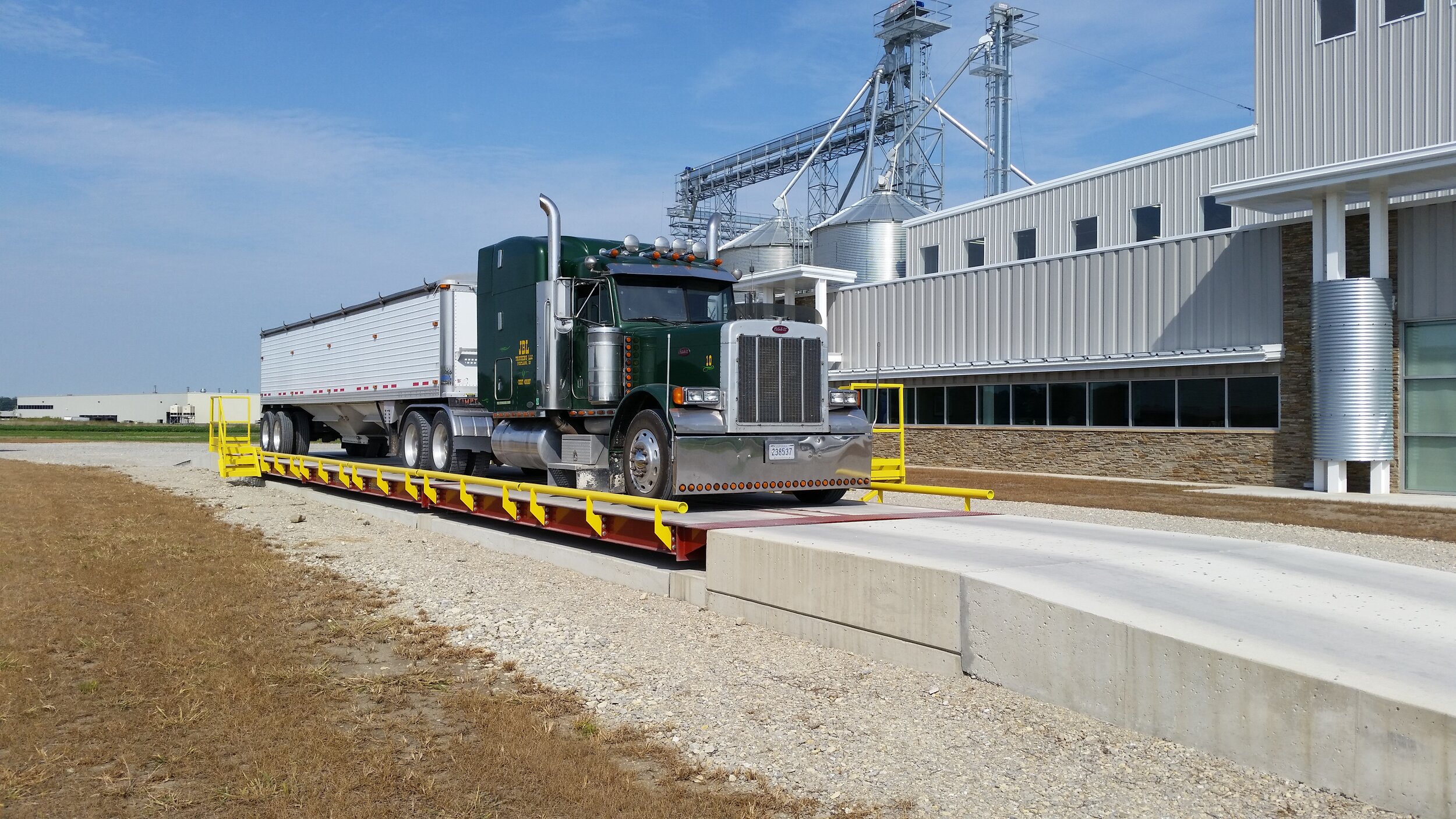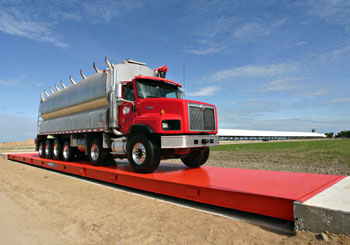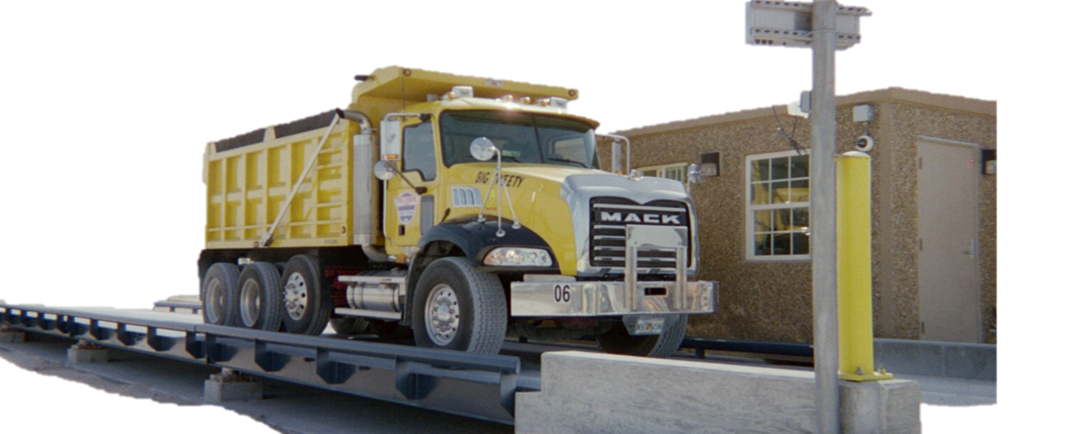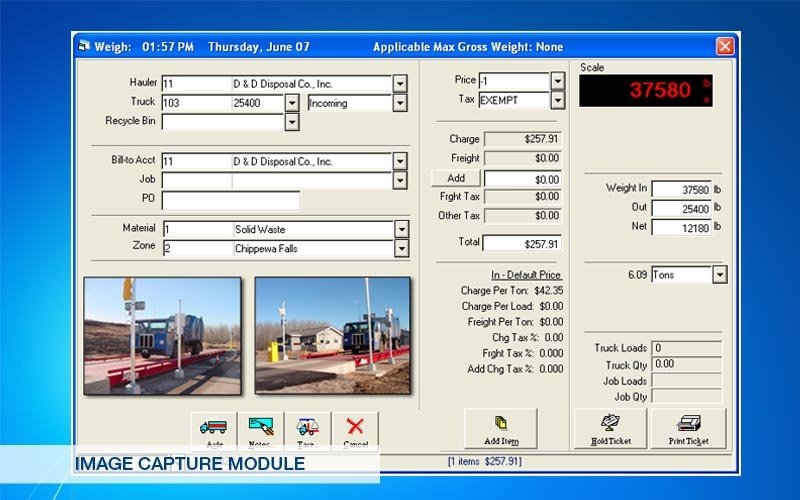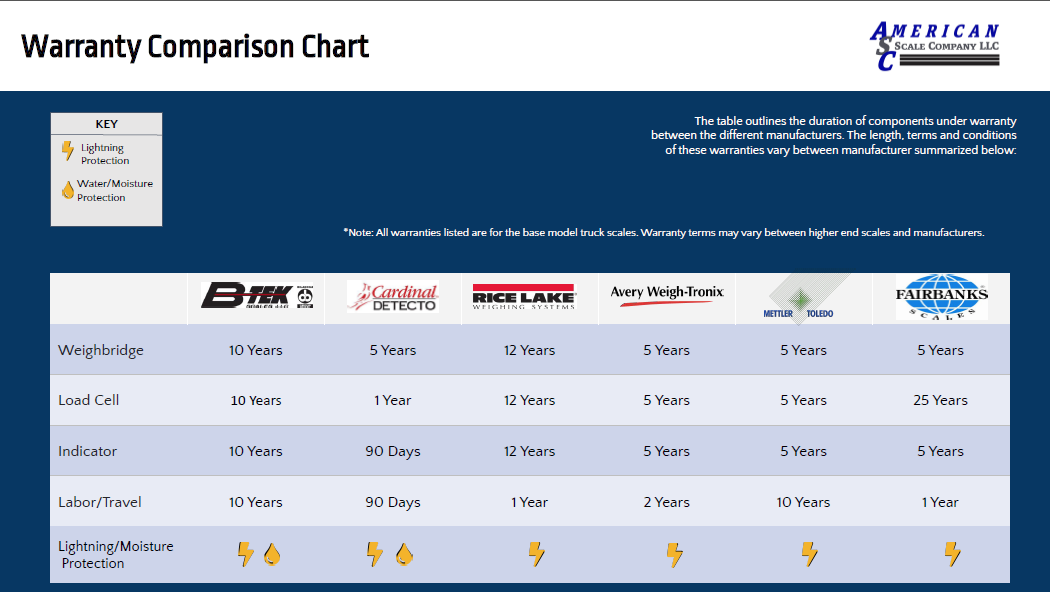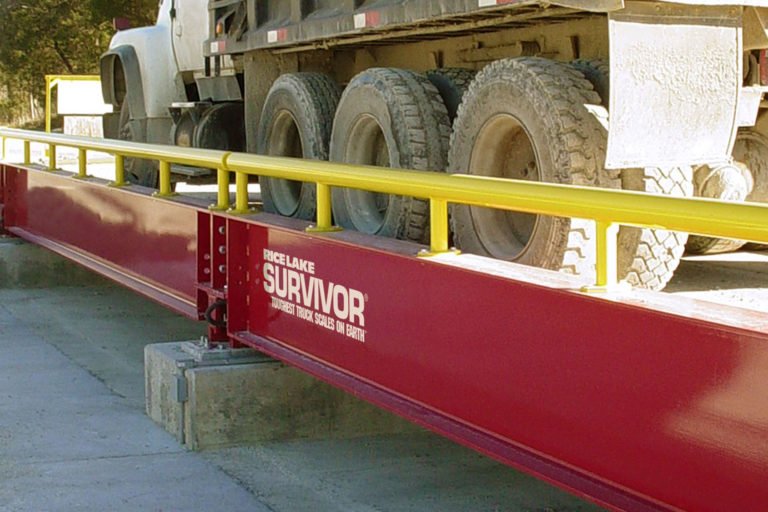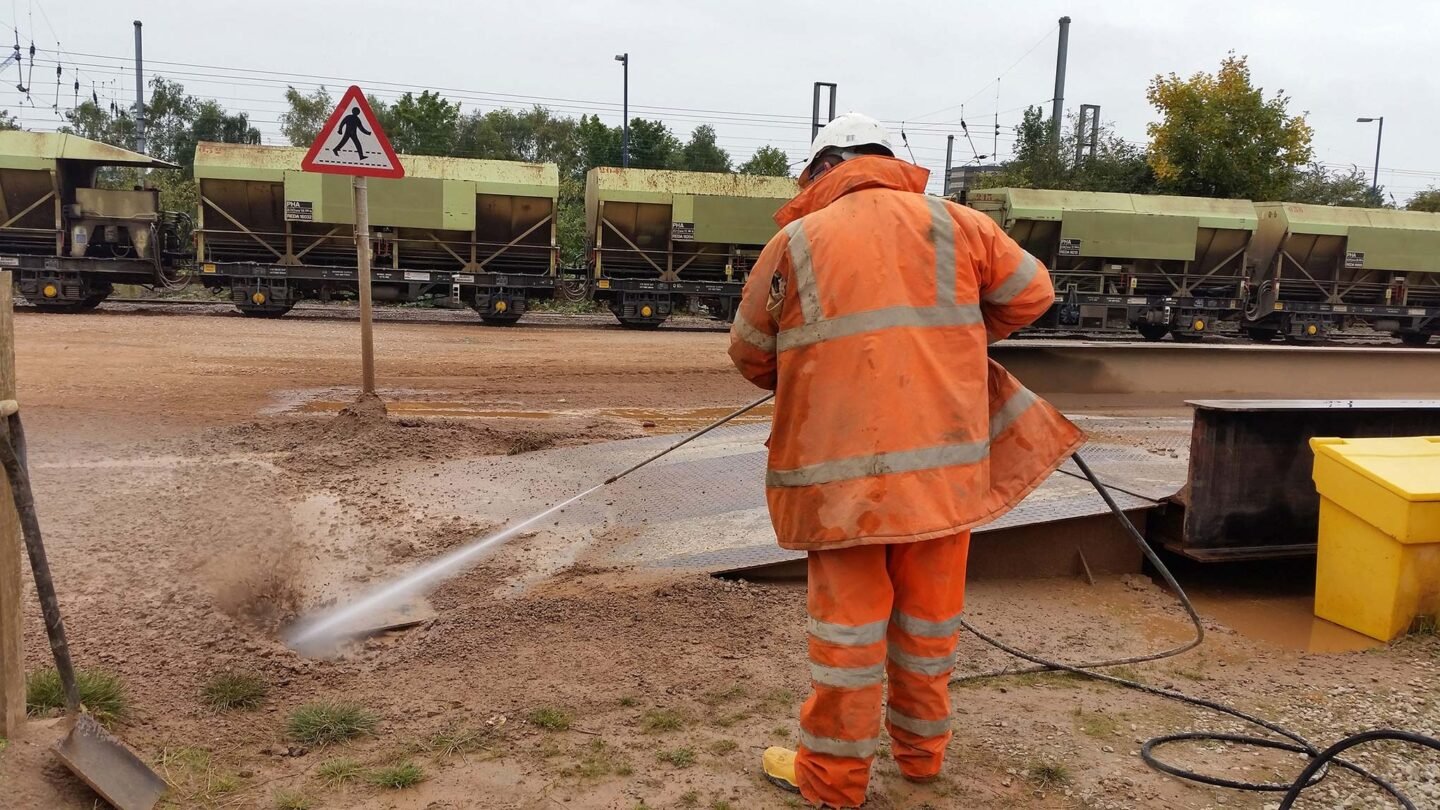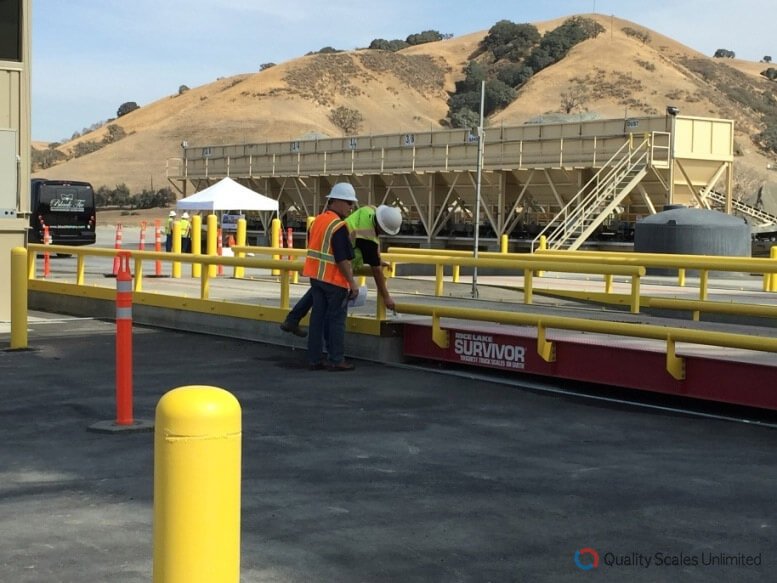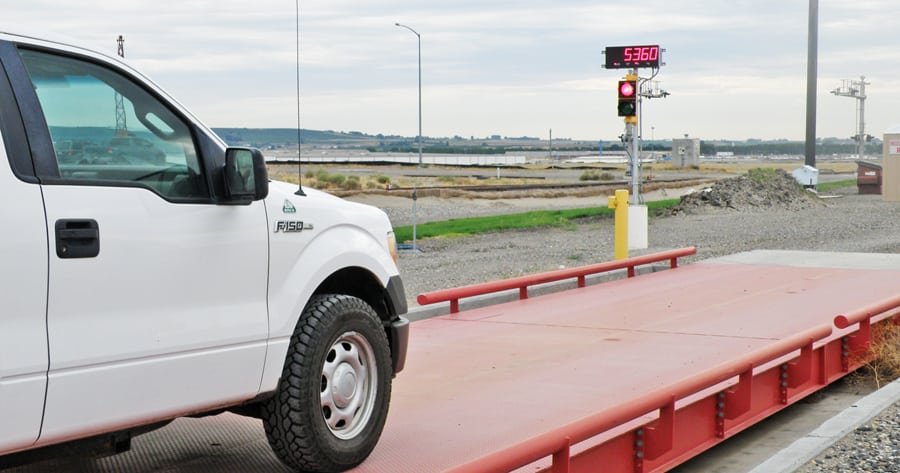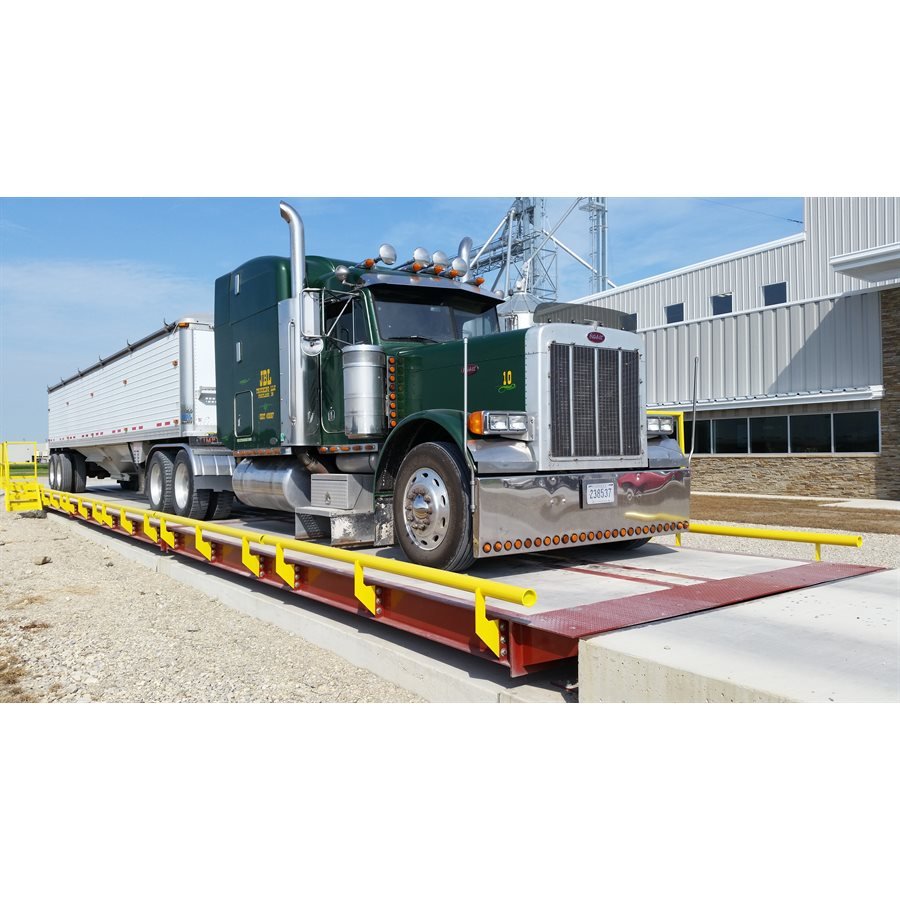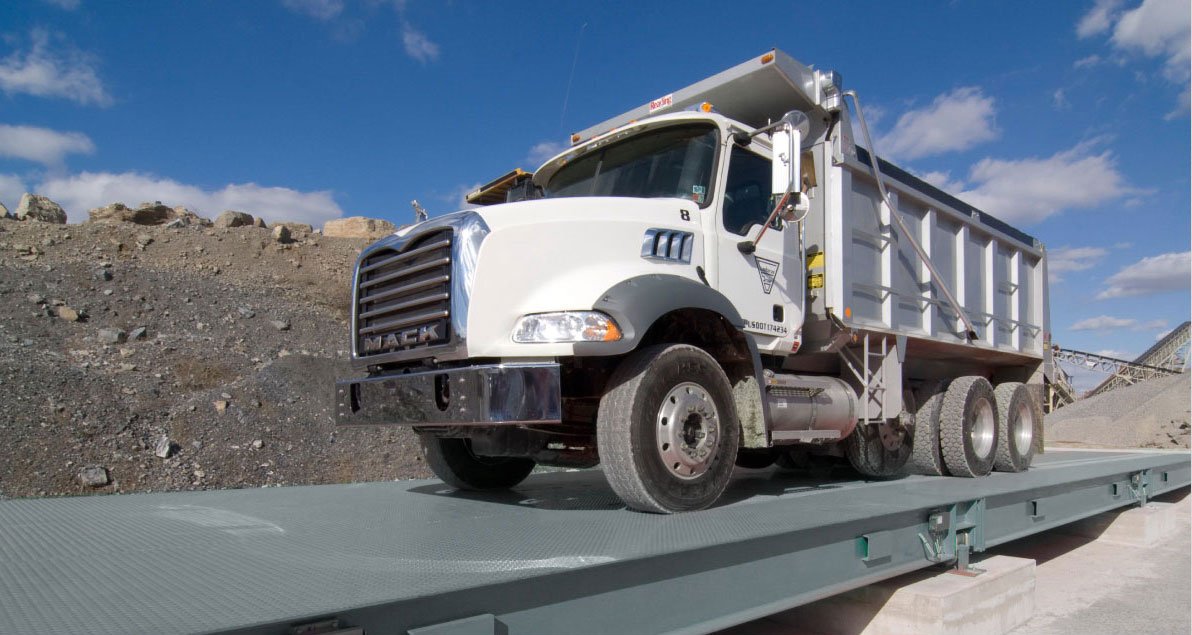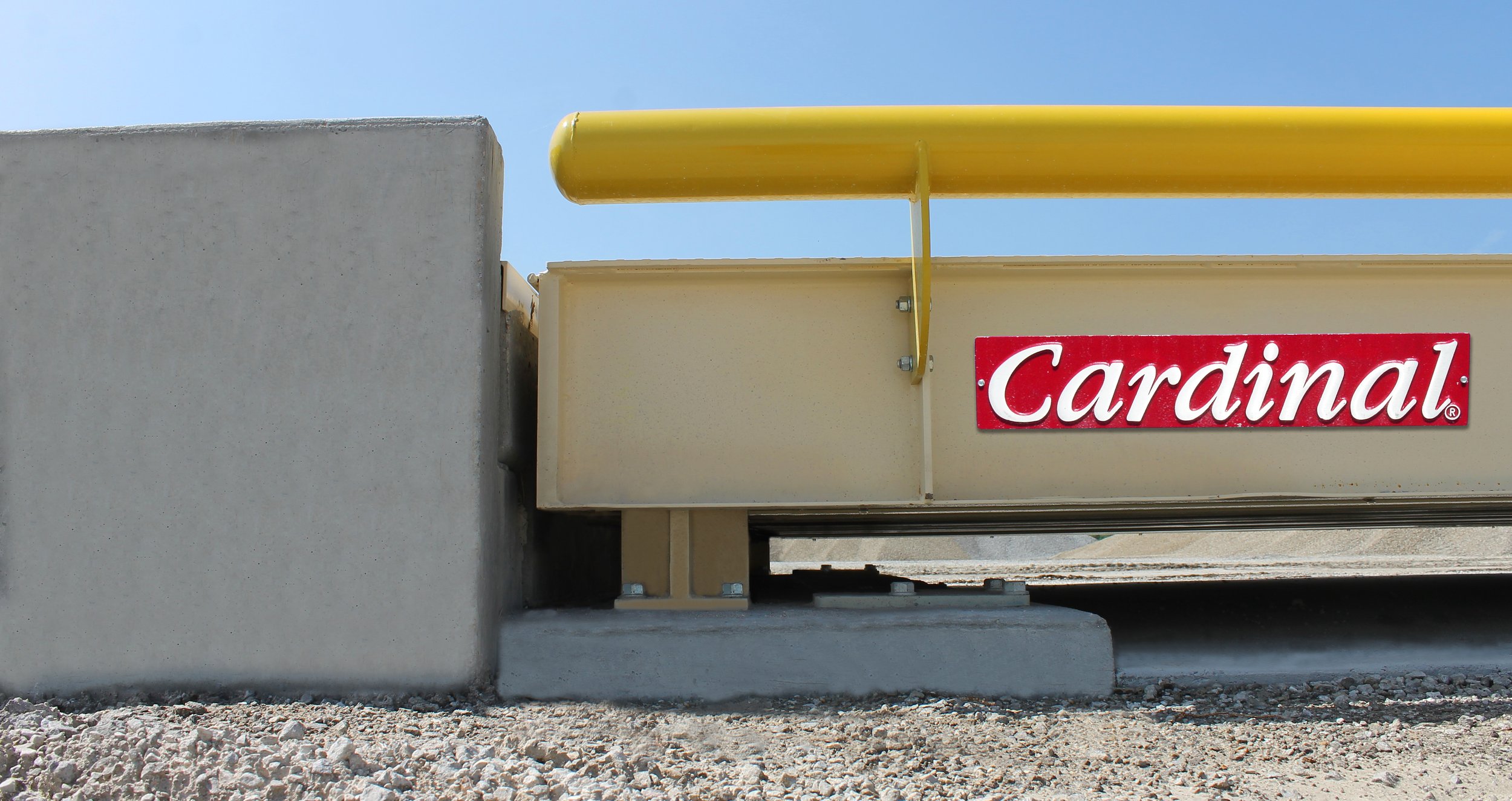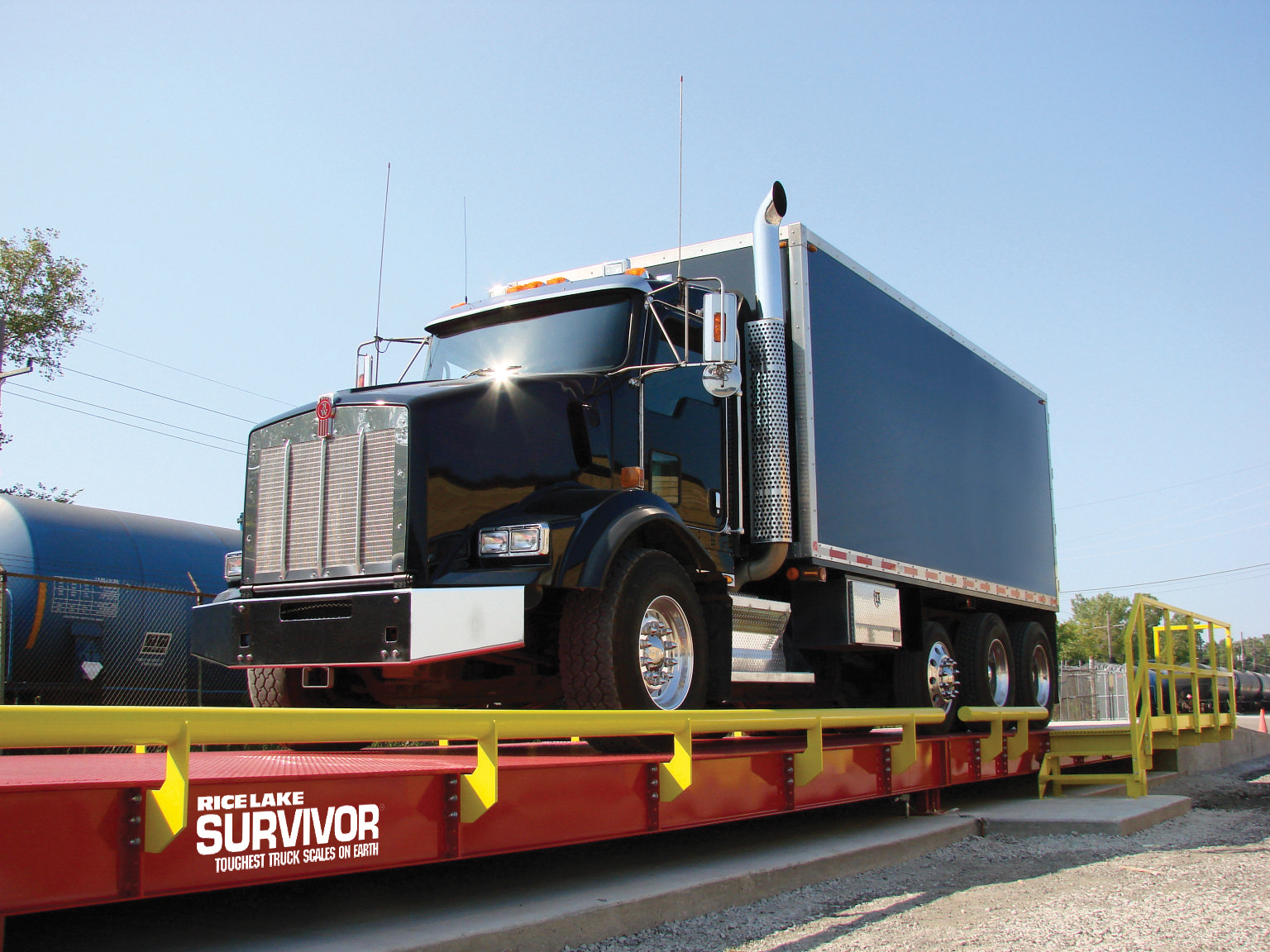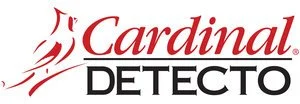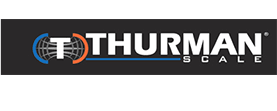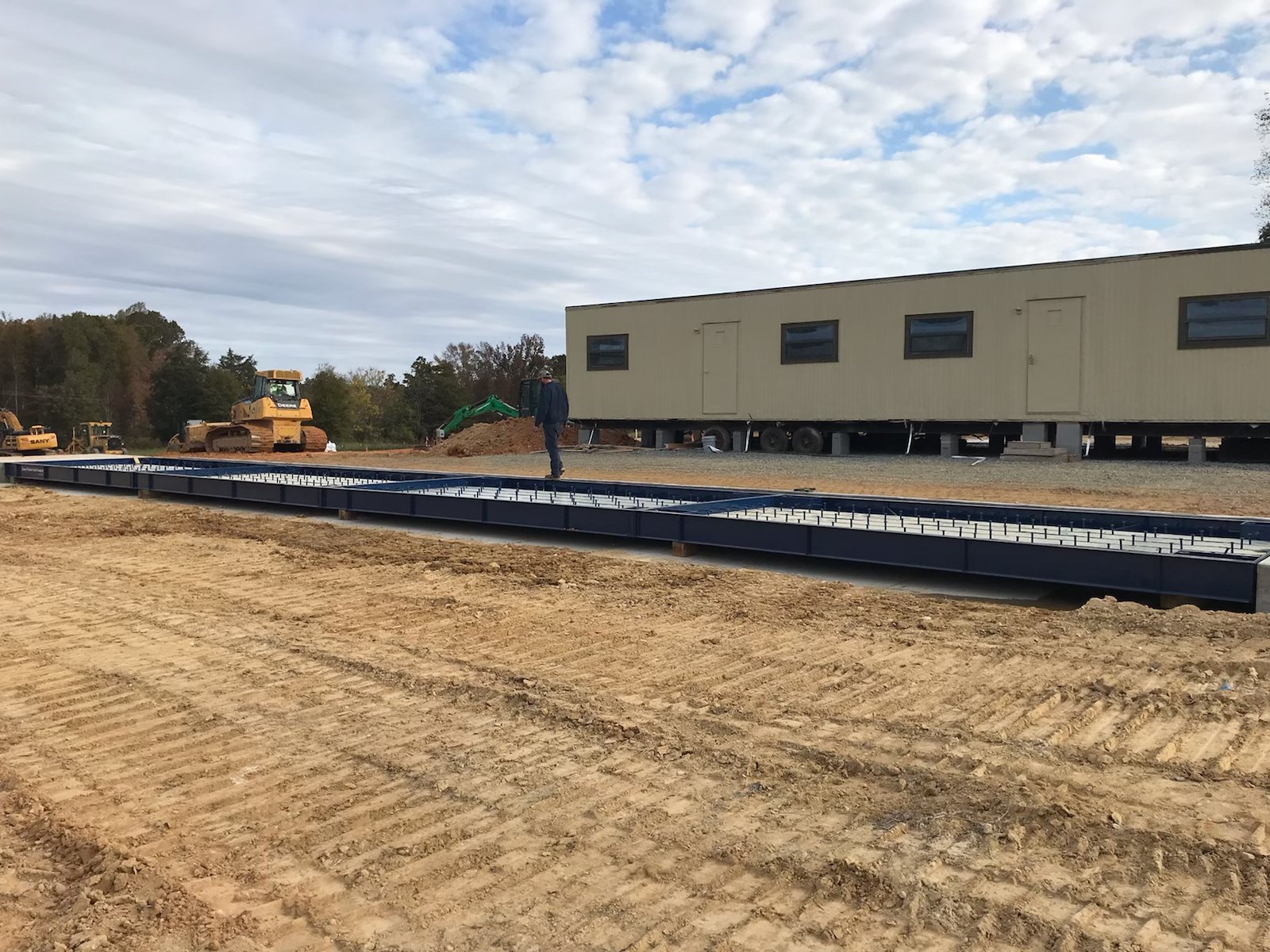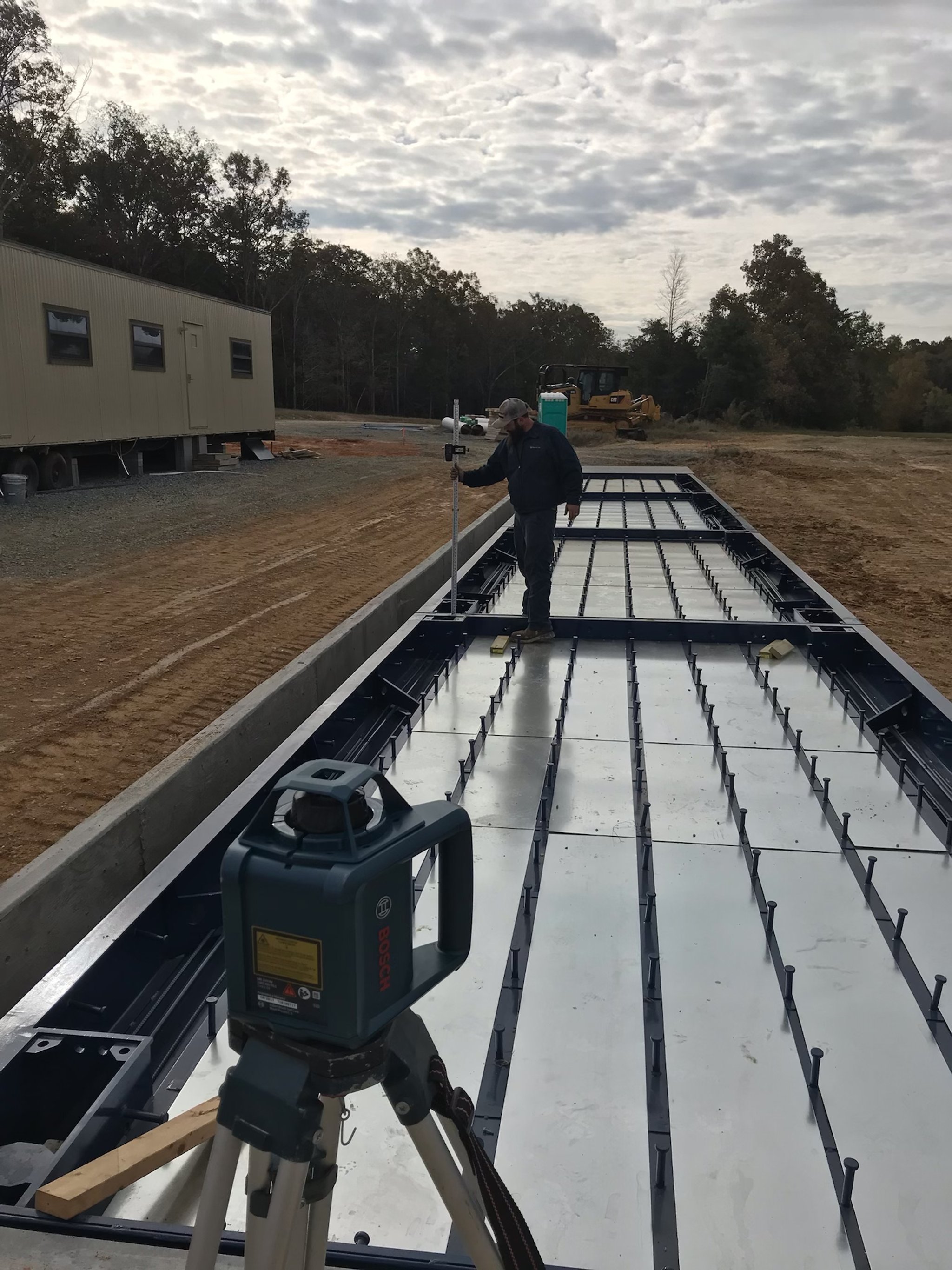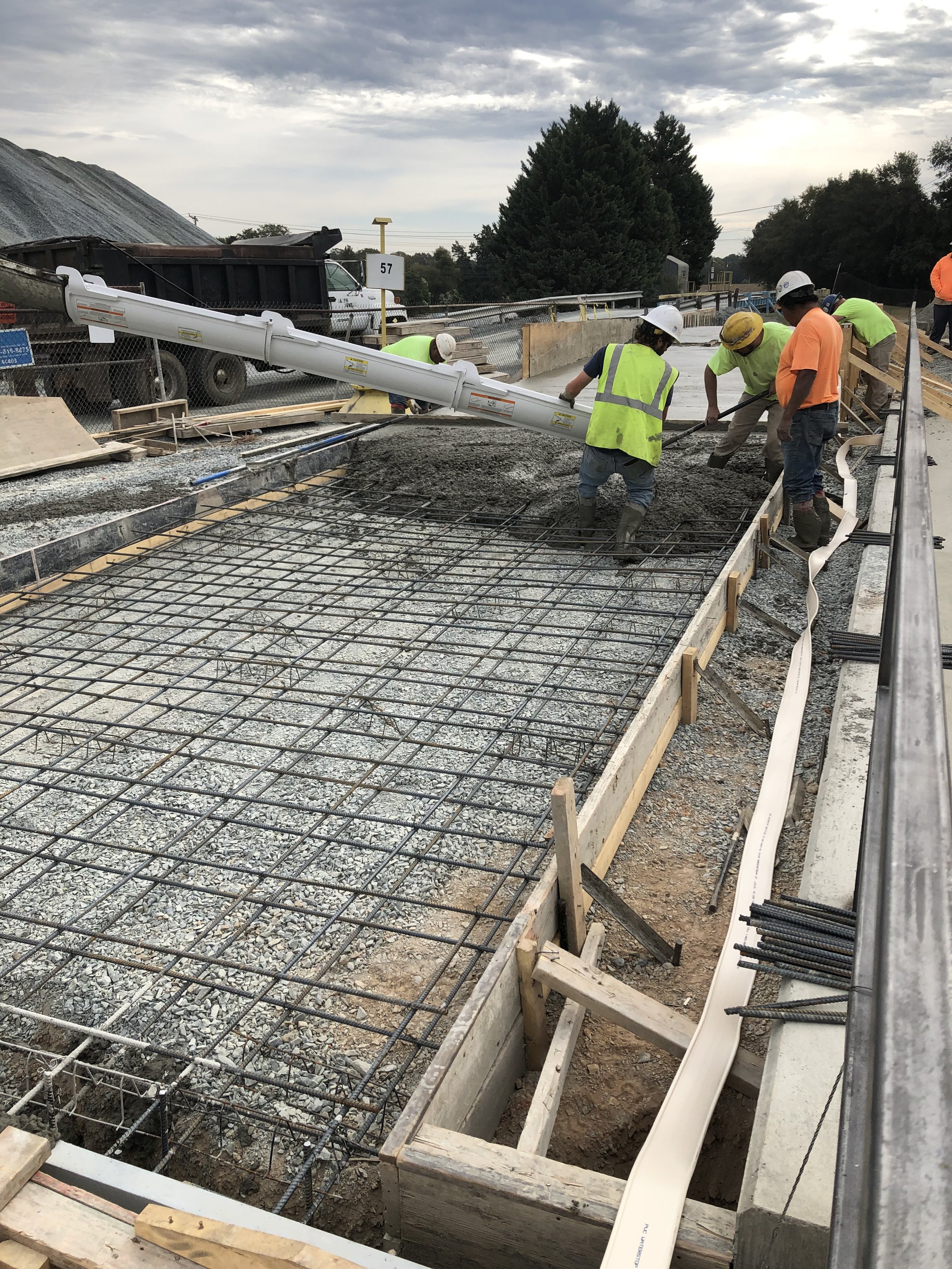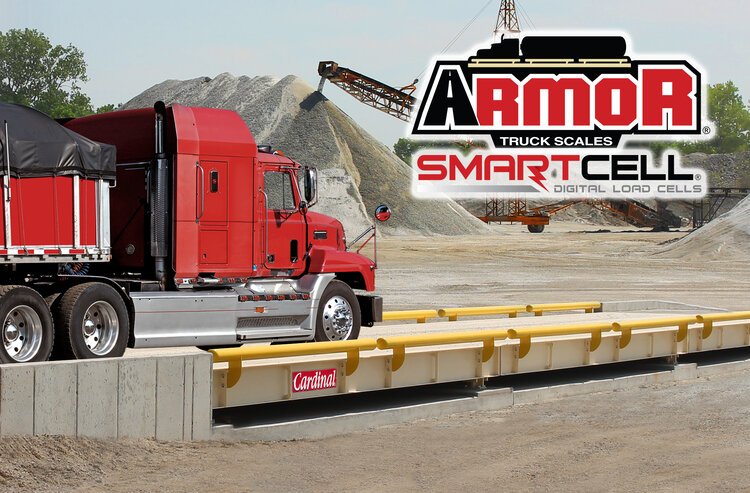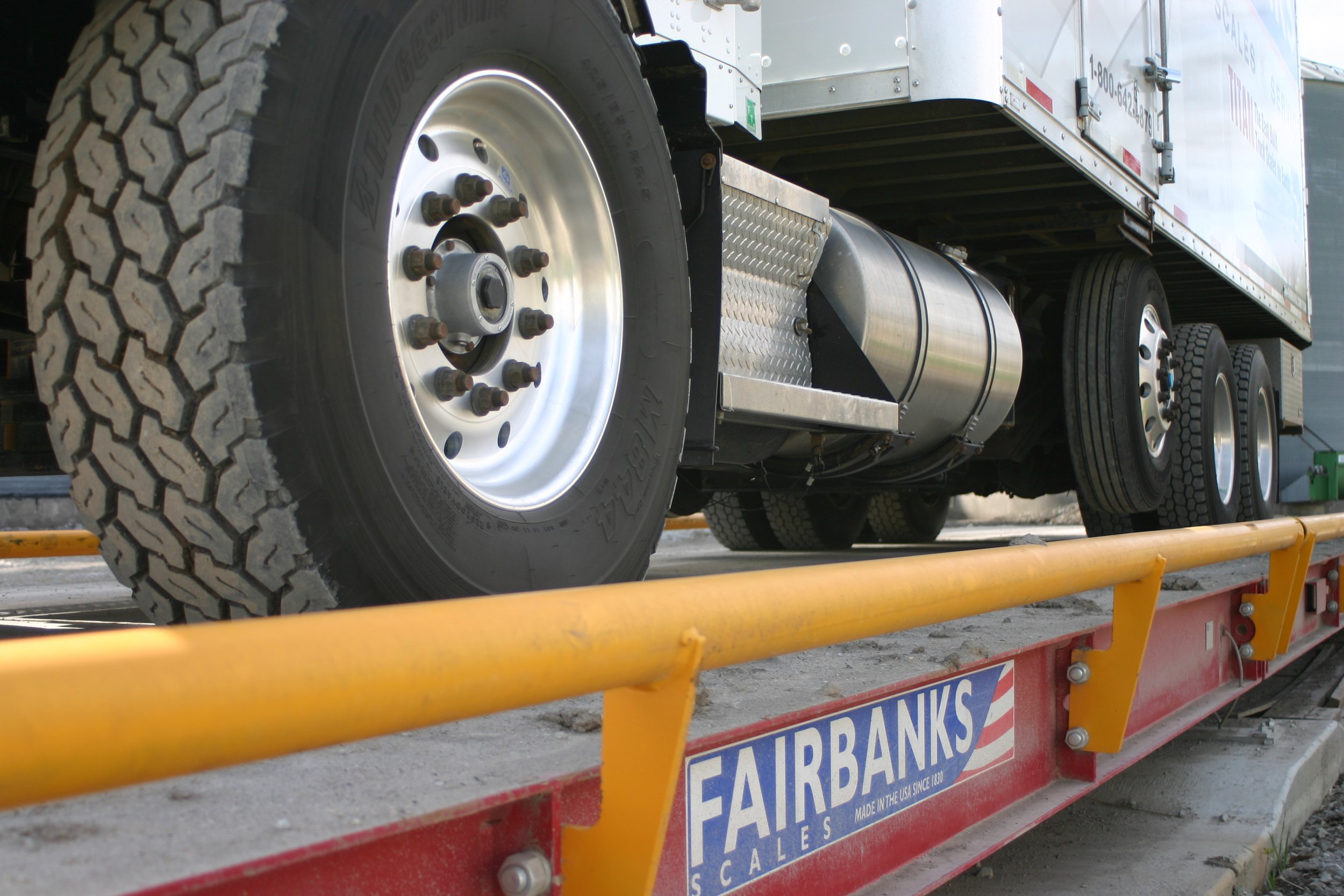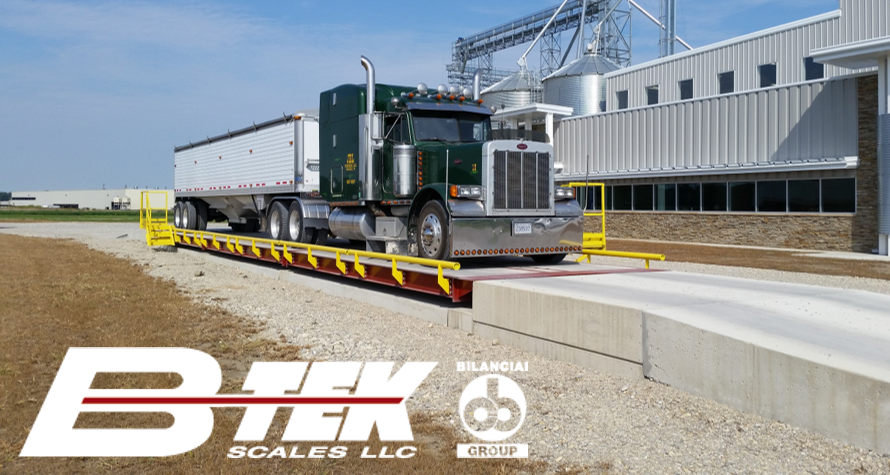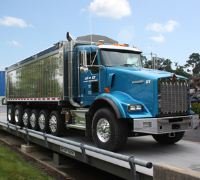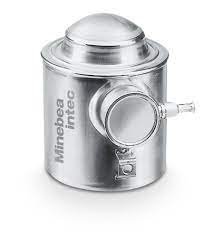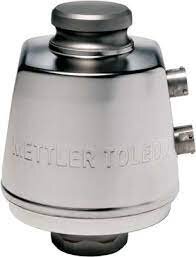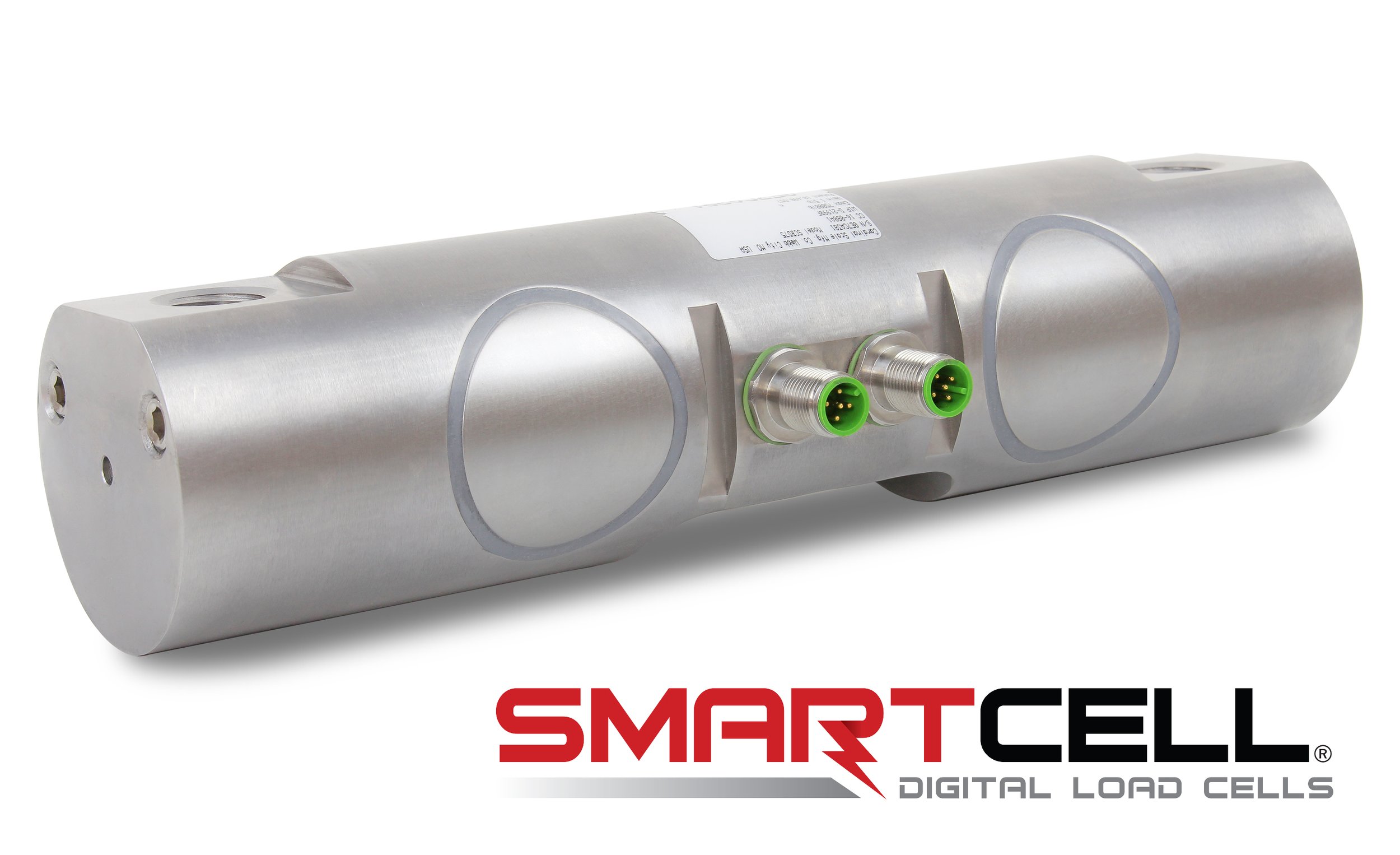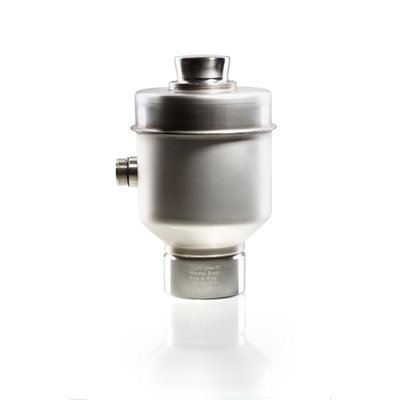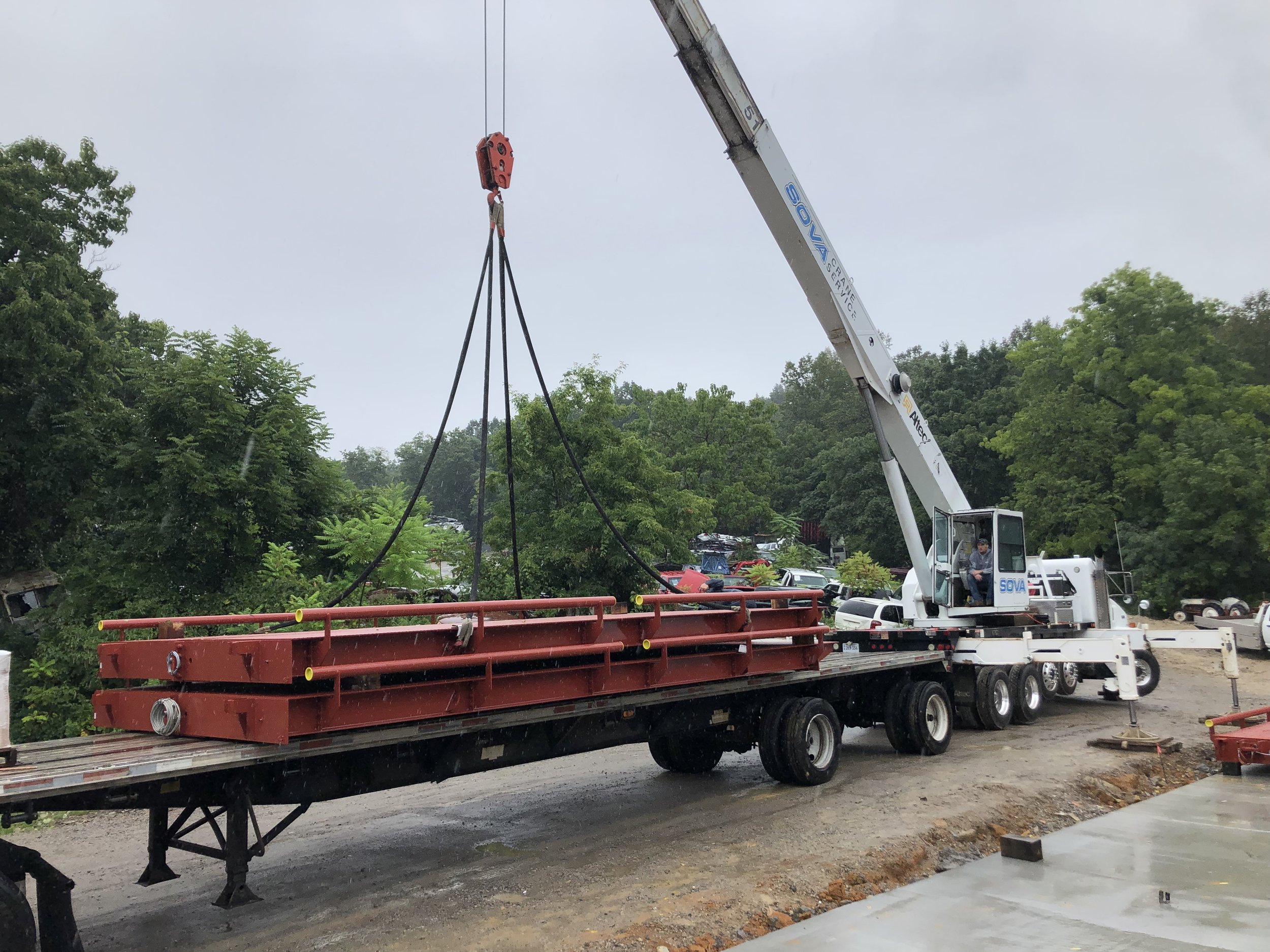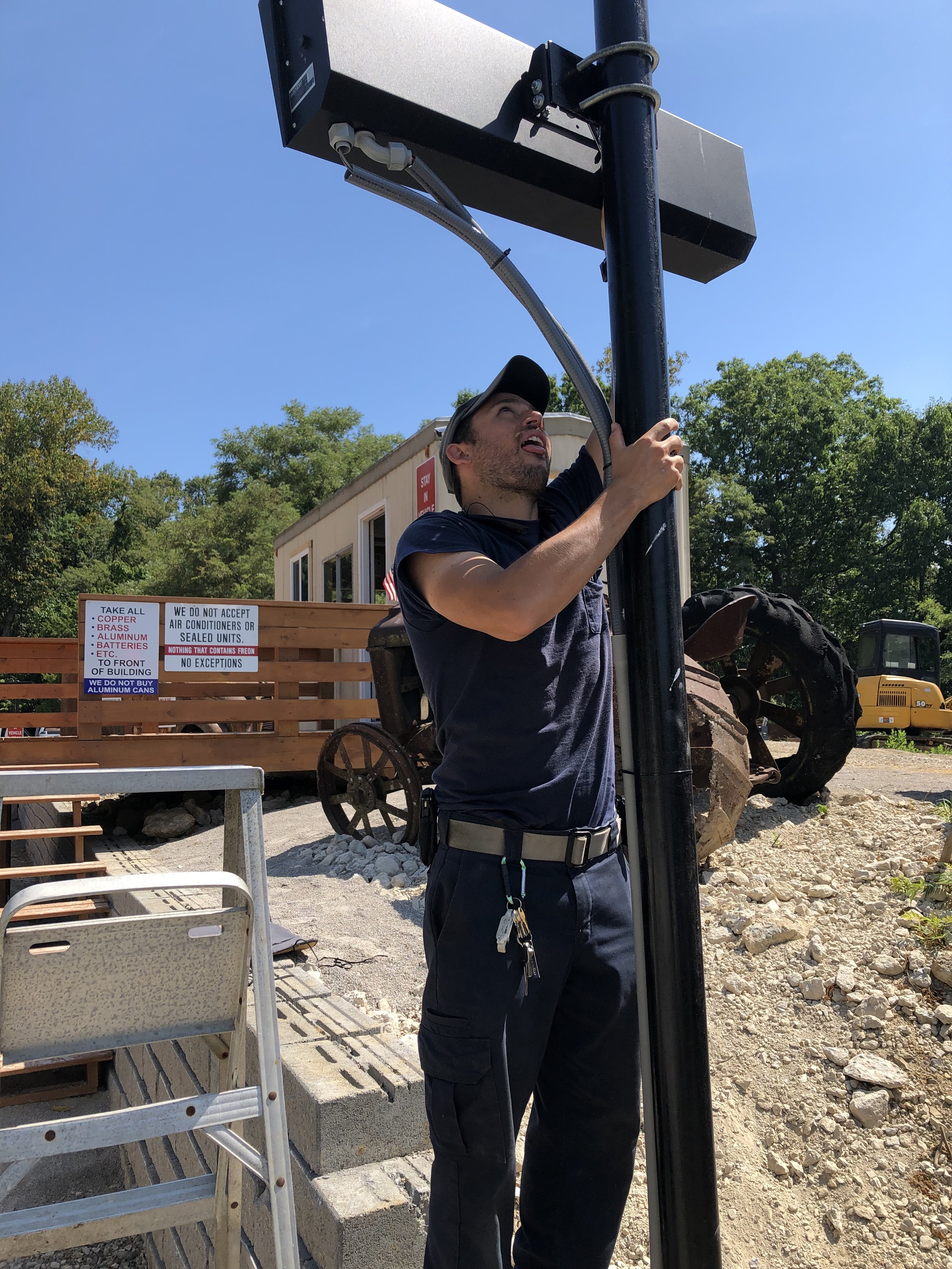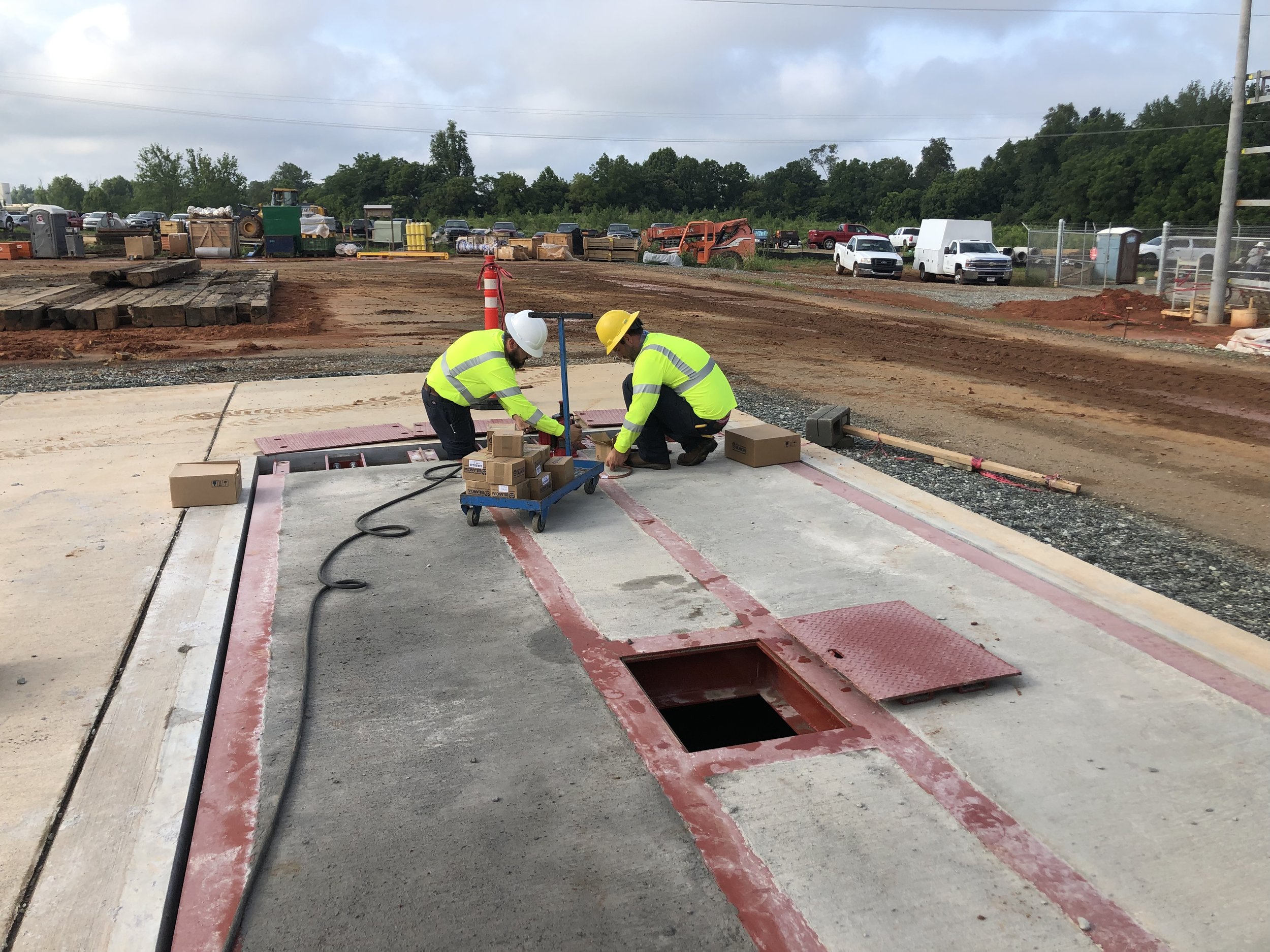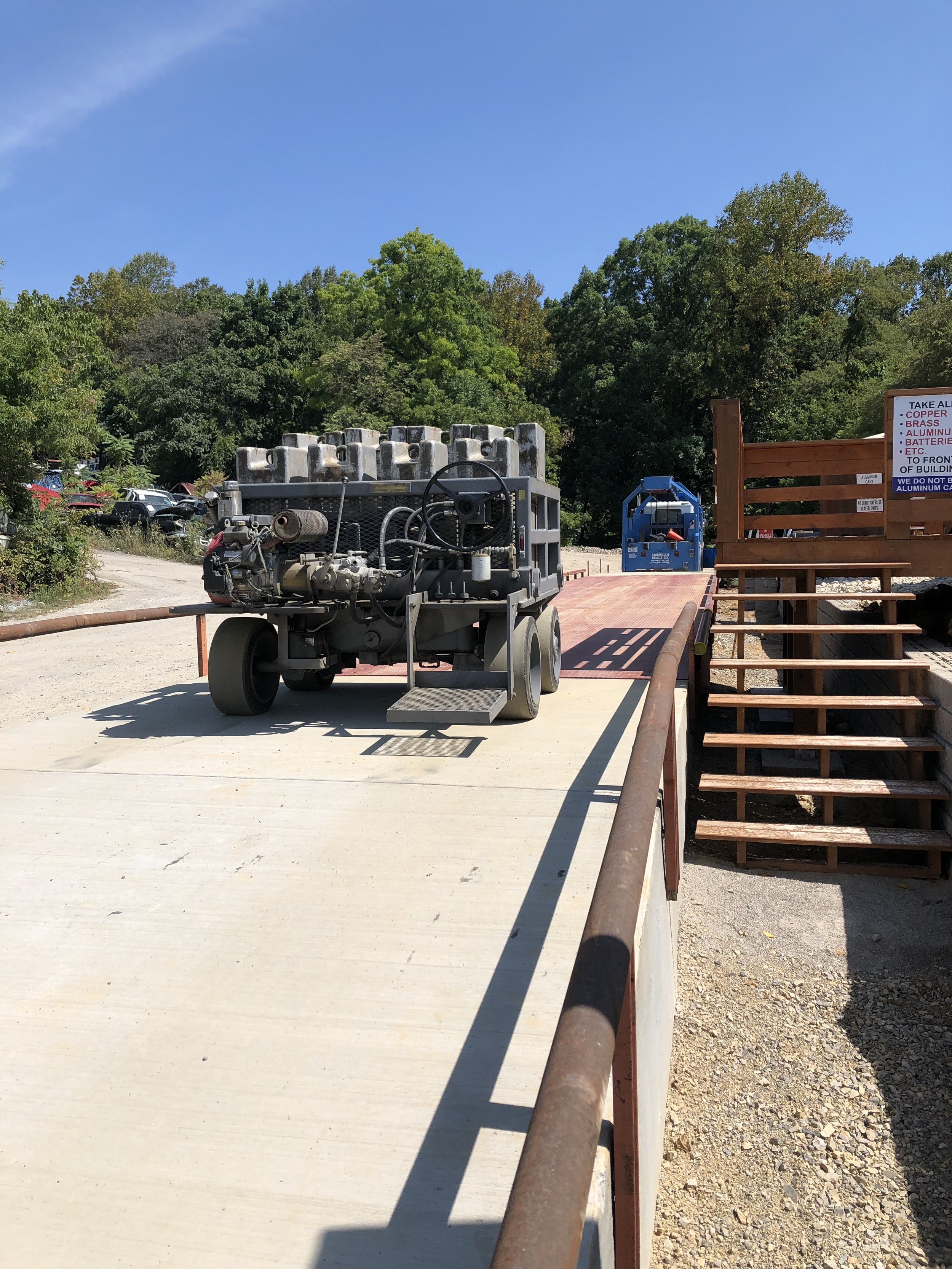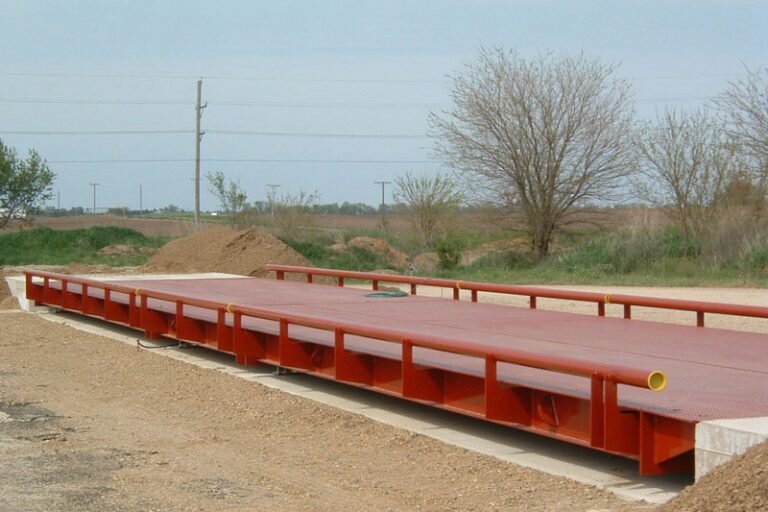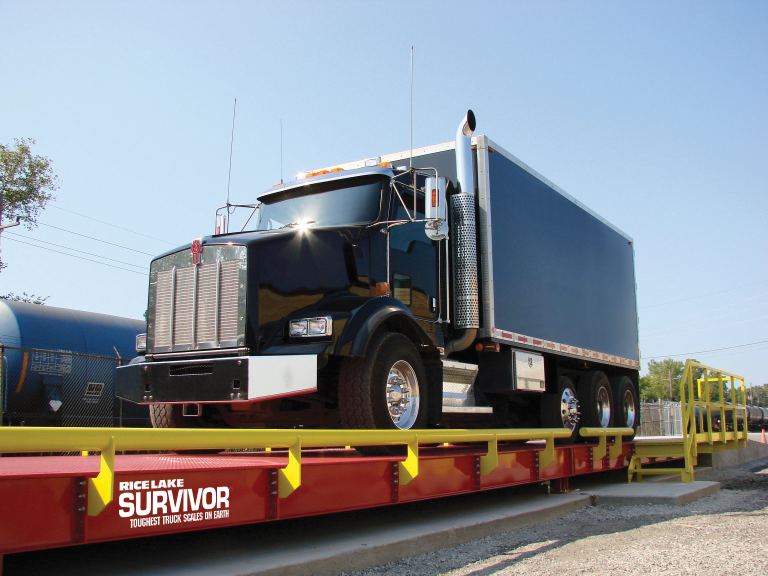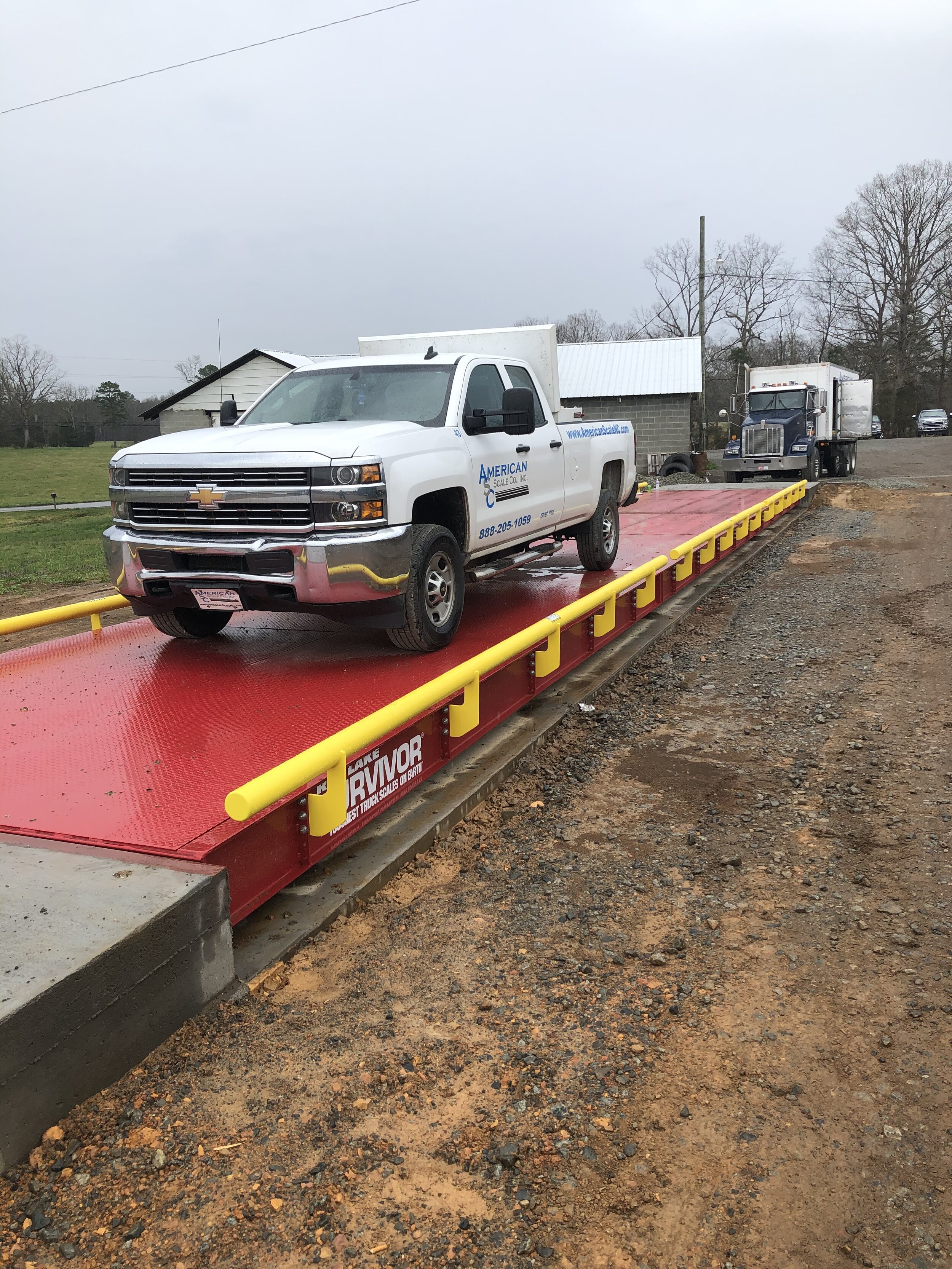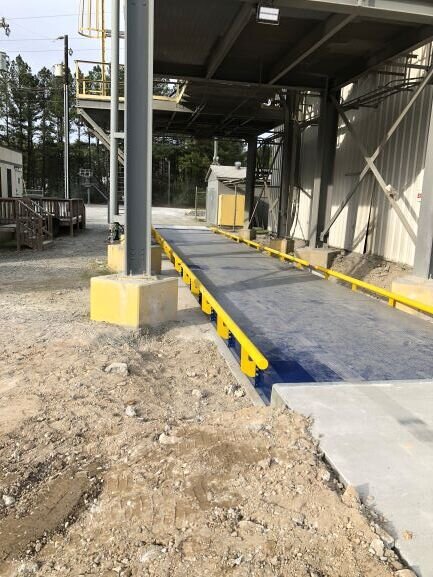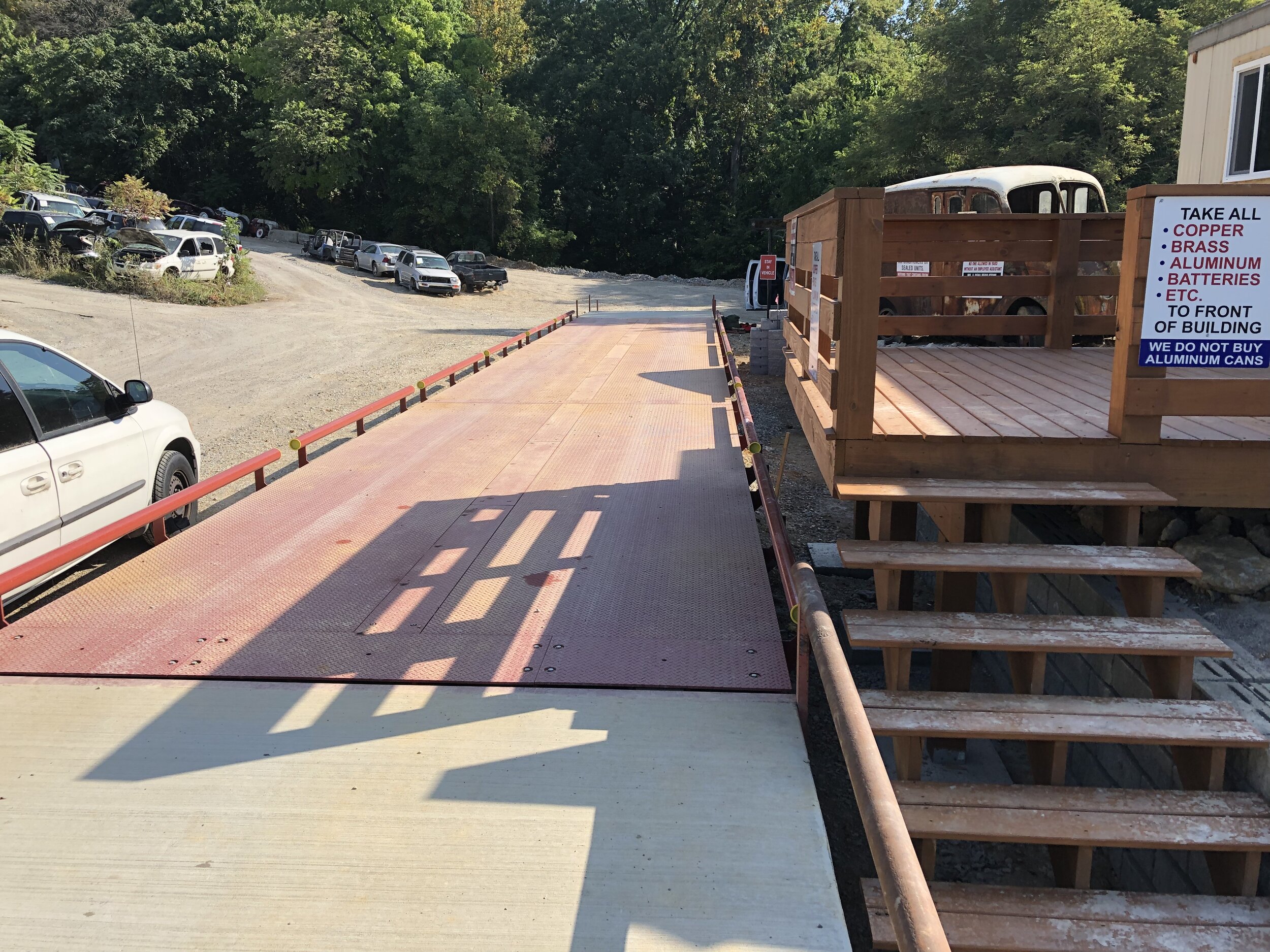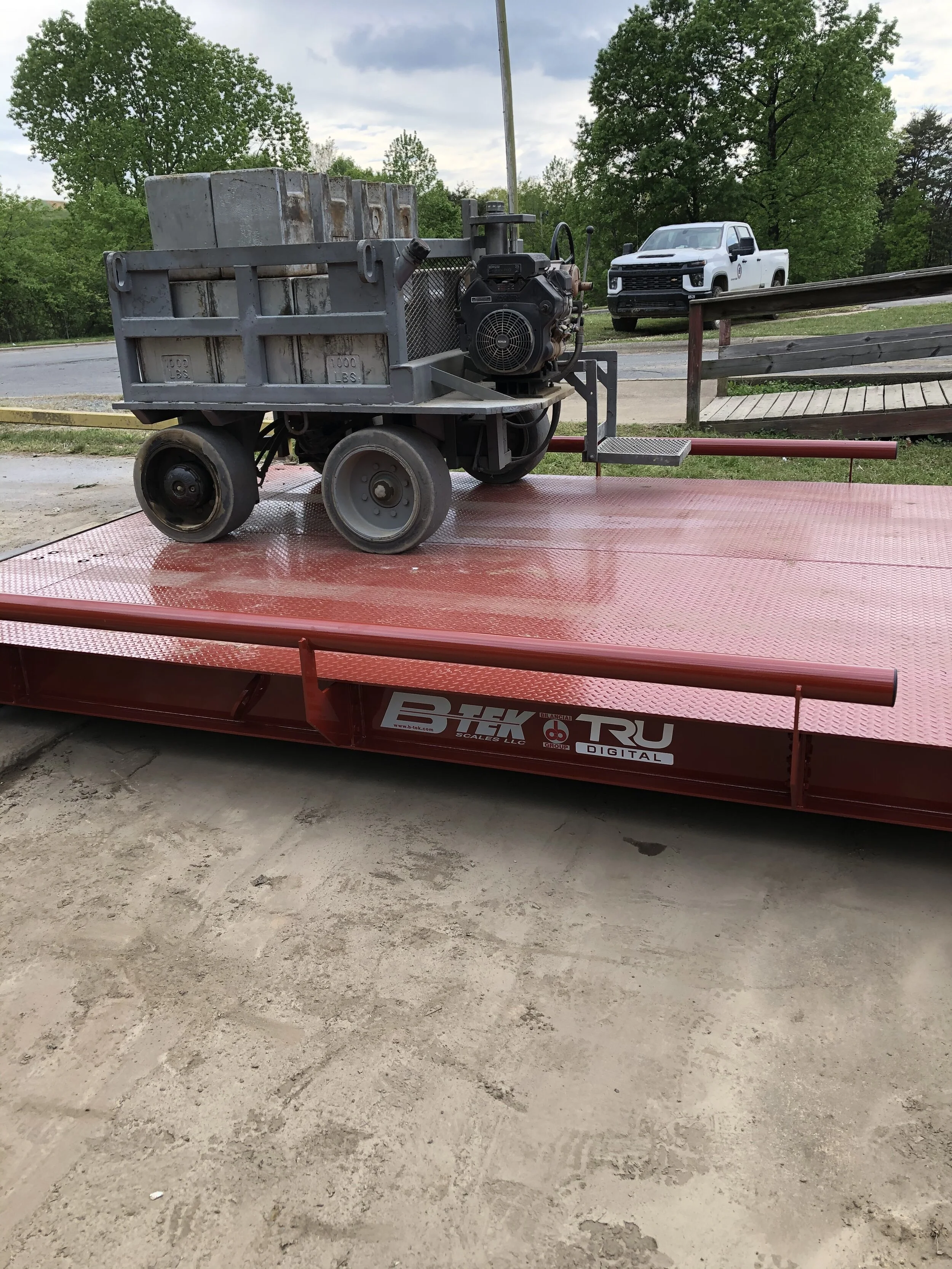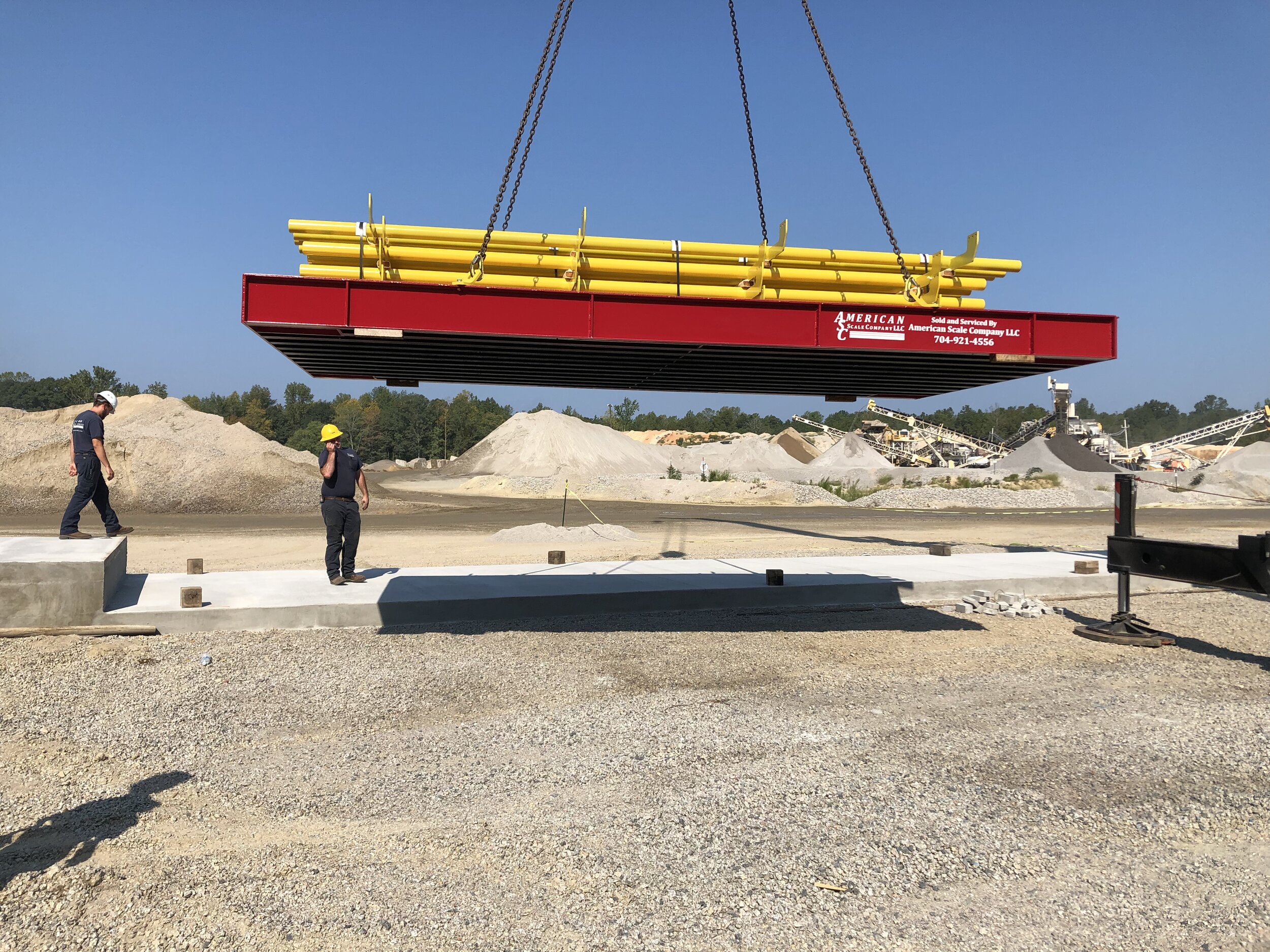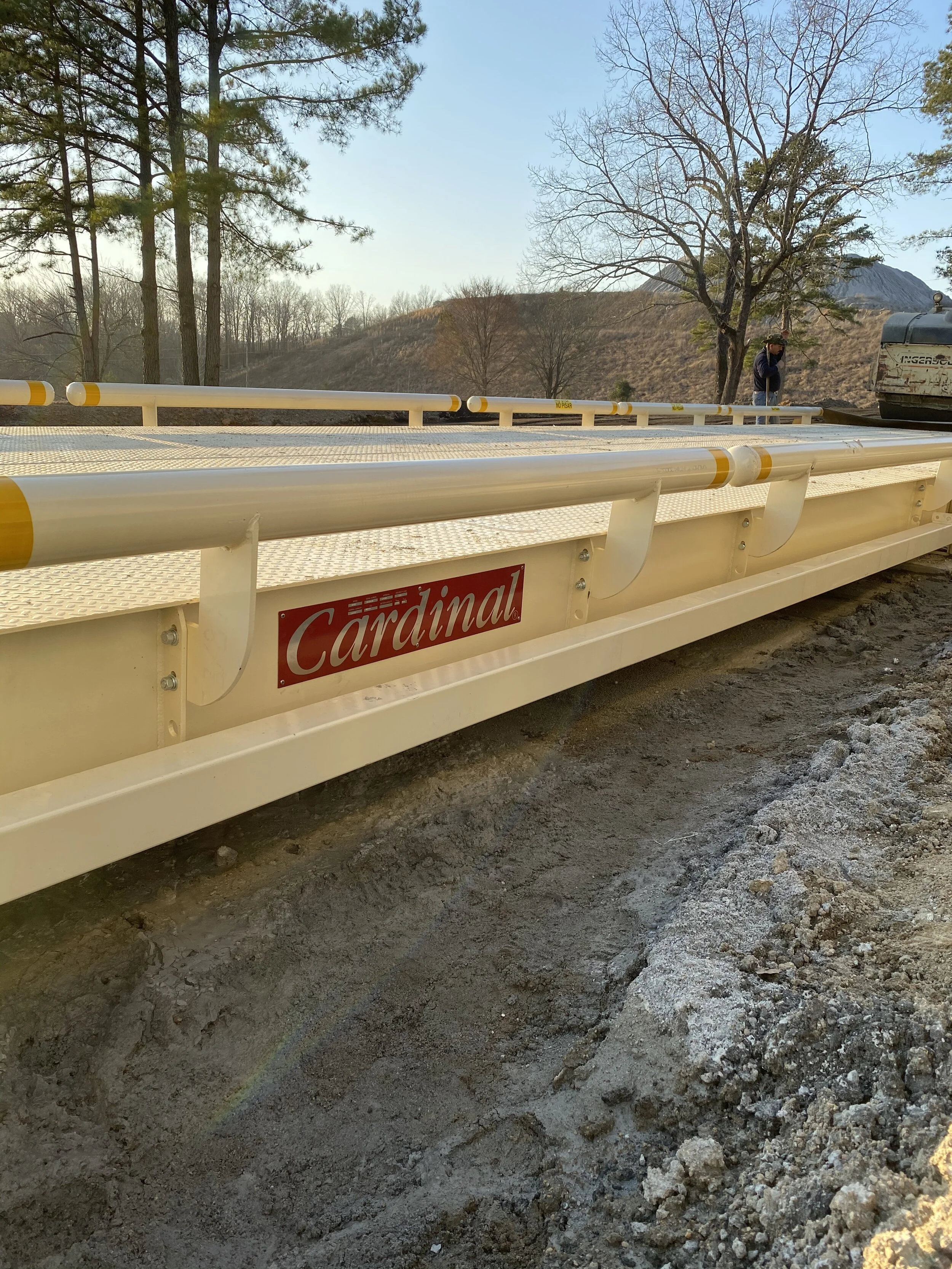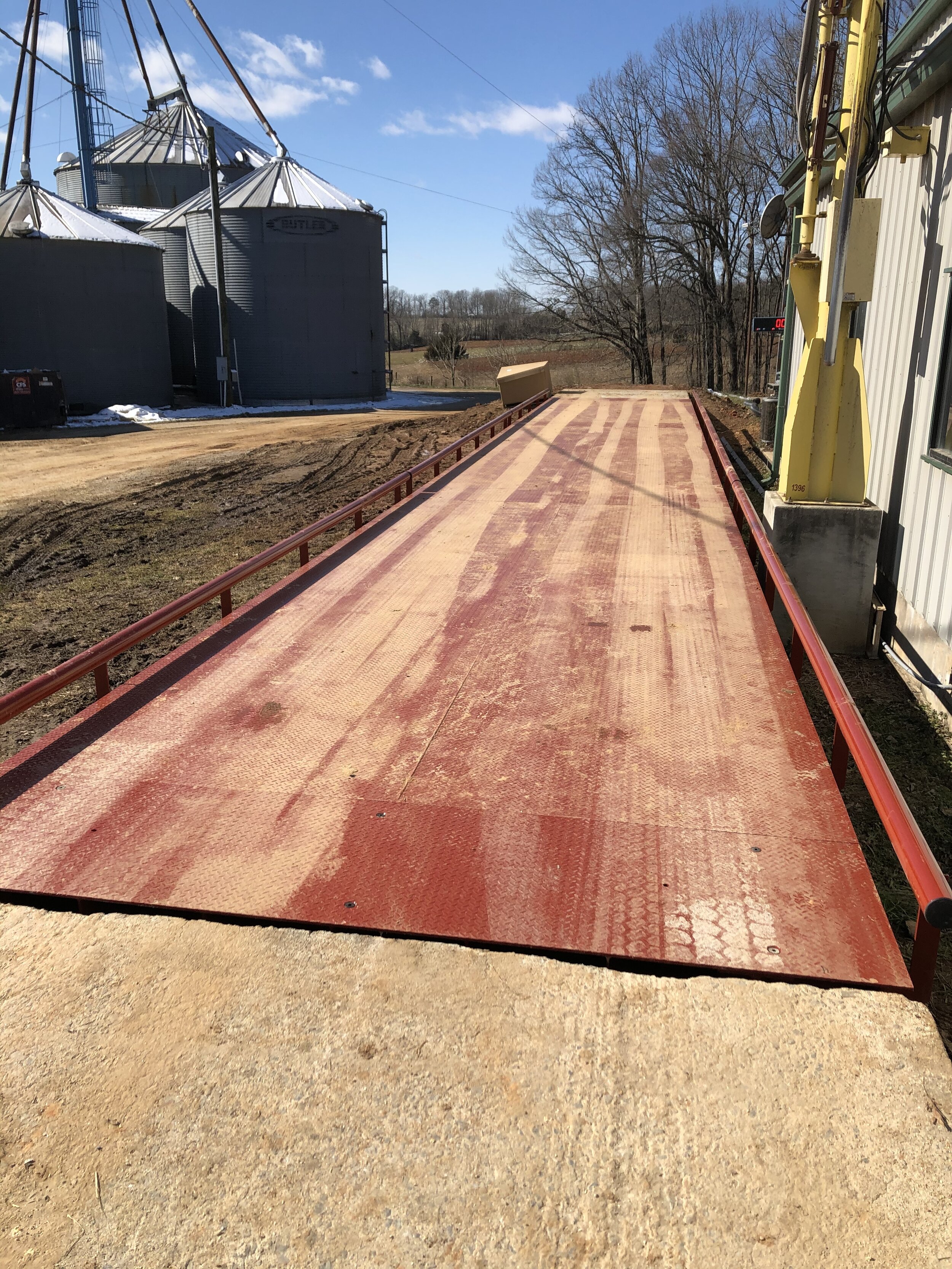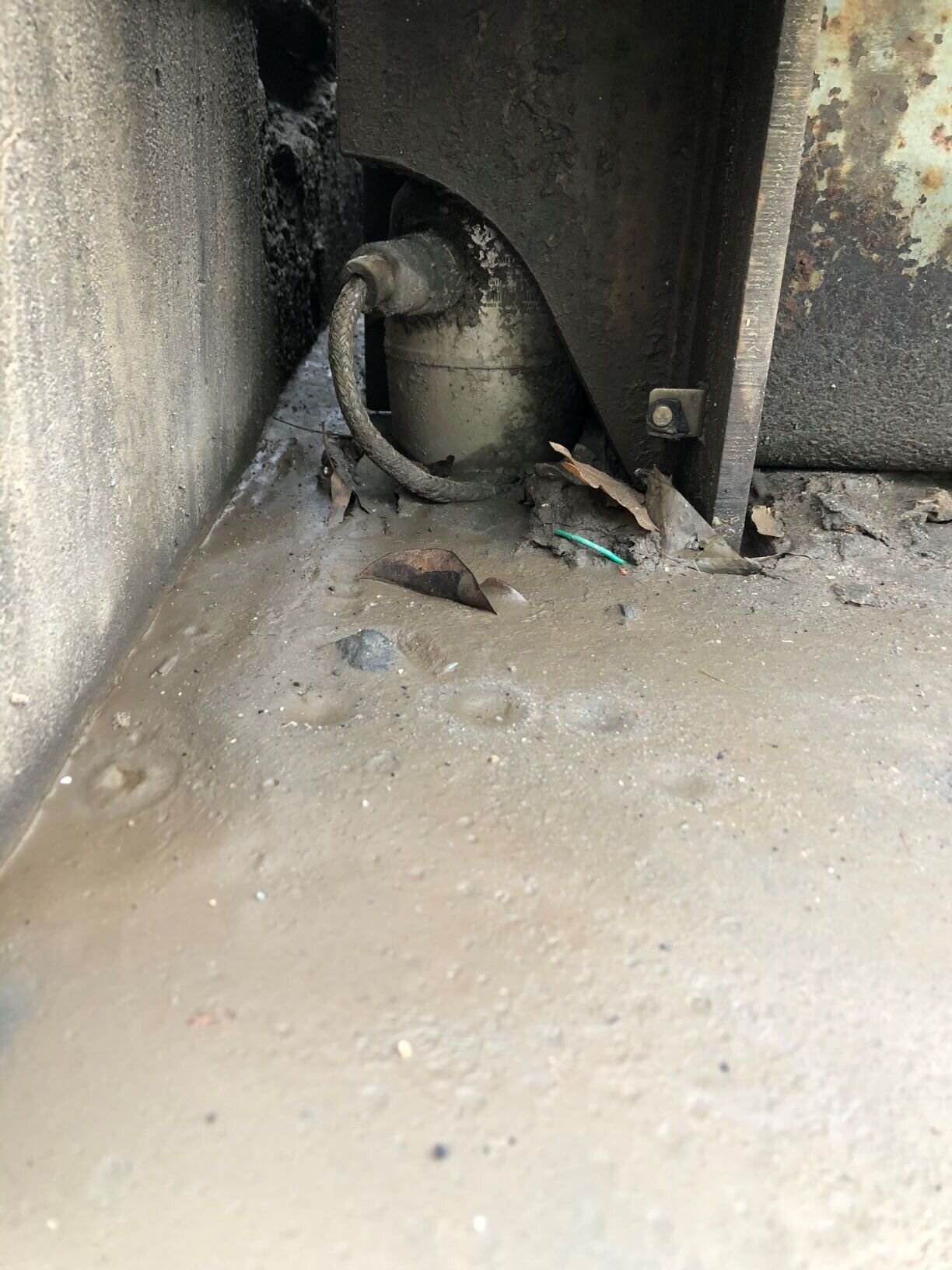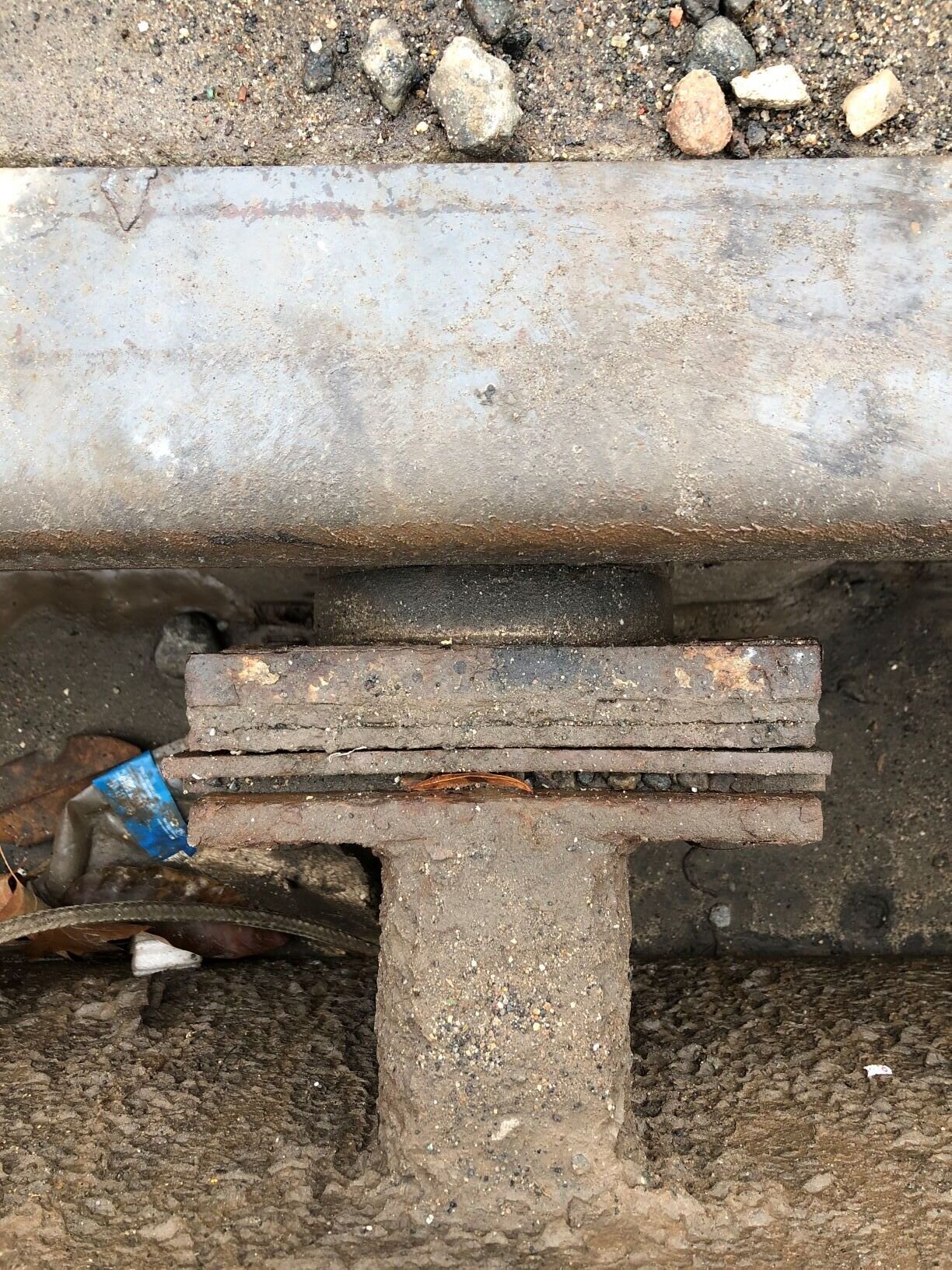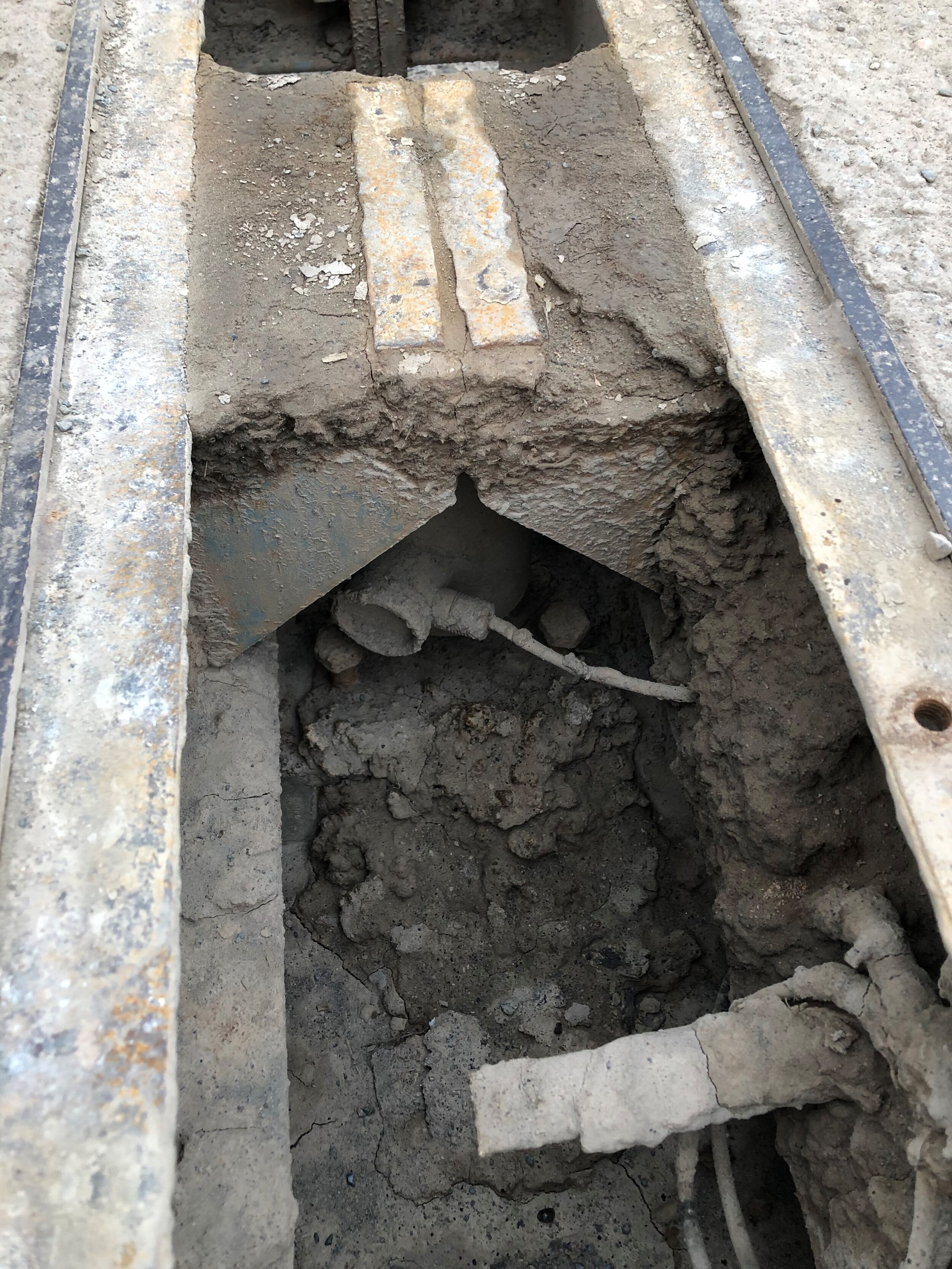Scale Service Cost Guide.
An accurate scale is an essential tool for any company whose revenues are based on the weight of goods entering or exiting a facility. Without scale accuracy, a company can lose thousands, if not hundreds of thousands of dollars annually. On the other hand, the annual maintenance costs for a truck scale can vary anywhere from $1,000 to $10,000 annually depending upon what services you are receiving. If you were to consider the potential cost of weighing errors, then you could see how a good maintenance program more than pays for itself, and how at times it can also pay for the cost of the scale. To make sure that your scale maintenance program is most effective, these are components that need to be present to ensure a good program. This article outlines what makes a good scale maintenance program and how much this will generally cost.
BENEFITS OF HAVING A GOOD SCALE MAINTENANCE PROGRAM.
When setting up a scale maintenance program for your weight operation, you want to think about the long term benefits you will receive when following a good maintenance program. One of the biggest benefits is the fact that you will have regular scheduled maintenance. Understanding that there is a maintenance program for you to follow will help you better understand your scale’s needs based on frequency of use as well as environment and other factors. When you have a good program, you inevitably build a strong relationship with the service technicians as well as with the scale company itself. Saves down time of vital equipment large/heavy scales cannot easily be transported, so techs can work onsite. Rapid response times provided to critical equipment at your facility helps save potential lost profits by cutting downtime helps you stay organized and up to date with your scale service records.
USING A STATE LICENSED SERVICE PROVIDER
When it comes to getting your scale certified, it cannot be done by a commercial scale company. The state weights and measures organization are able to do that. As long as the scale company is state-licensed and registered, they are able to perform services on your scale. The reasoning for this is because there are specific standards that need to be met according to the state weights and measures organization. Look for companies that have a good standing and provide services to multiple scales in the area. If you go with a service provider who is unlicensed then you run the risk of having improperly serviced equipment along with getting into hot water with the state weights and measures department. It is not recommended to allow a company that is not licensed to service your scale.
USE STATE-CERTIFIED TEST WEIGHTS FOR CALIBRATION
When going with an established scale service company, they will typically have an entire inventory of test weights tested and certified annually in accordance with state weights and measures standards. They will have test weights for all manner of scales and sizes. Depending on the scale being calibrated or serviced will determine the size of the weights being used. Depending on what is being calibrated or having a load test will determine how much weight you will actually need.
THOROUGH SCALE TESTING
The test should start by determining the length of the platform and the total number of sections along that length. Load points are where weight is transferred from the load to the scale and where scale accuracy is maintained. It is critical that the accuracy of each load point is maintained, so as weight is applied it is transferred evenly.
If a load point or section fails a strain test, then it must be calibrated to conform to requirements by making a mechanical or electronic adjustment. A good scale service company will check and double check for accuracy on each load point.
VISUAL INSPECTION AND REPAIRS
Whenever there is any sort of service performed on a scale, the scale technician will perform a visual inspection of the scale. A thorough scale maintenance program must include regular visual inspection followed by any necessary repairs of issues found. The visual inspection should include scale condition, regulatory conformance, signs of damage and debris buildup, safety, clearance, corrosion, and any electrical conditions. A detailed inspection is the sign of a good scale service company.
BREAKING DOWN THE COST
When looking at what it will actually cost to set up a scale maintenance program, you have to consider the biggest factors that will affect cost. Below are some of the factors that will affect the cost, along with an average rate that is floating around right now. Distance traveled to perform service. Travel charges are usually based upon zones from the nearest office to the service site location. Depending upon the shop performing the service will determine the overall price. Bench time can range anywhere from $125 upwards of $200 per hour depending on the service and if there will need to be additional repairs for the scale.
Additional parts or travel time depending on the issue at hand. Some scale companies will price based on “zones” instead of price mileage. When thinking about scale service and maintenance, it is good to look at it like servicing your car. If you were to take your car into a dealership or independent mechanic, then you will pay an hourly charge. In some areas, mechanics start out at $150 per hour and go up from there. The same thing can be said about scale service. A good maintenance program will be thorough, and should include a written report documenting test results including both before and after calibration, as well as a summary of finding and recommendations. All of these aforementioned items are essential to having a well documented and maintained scale.
CLOSING WORDS
At American Scale we strive to bring you informed and useful content on all things scale systems related, including products from the top scale manufacturers. Be sure to check out our truck scale articles about Truck Scale Foundations or How Much Do Truck Scales Cost. We even have a Guide to Warranties. To learn more about bench scales, it would be good to check out our other articles such as “Bench Scale Basics'' and “How Much Does A Bench Scale Cost?”. These articles will help with the basics of bench scale ownership. Also, take a look at our“Common Problems With Bench Scales'', to help prolong the lifespan on your scale.








